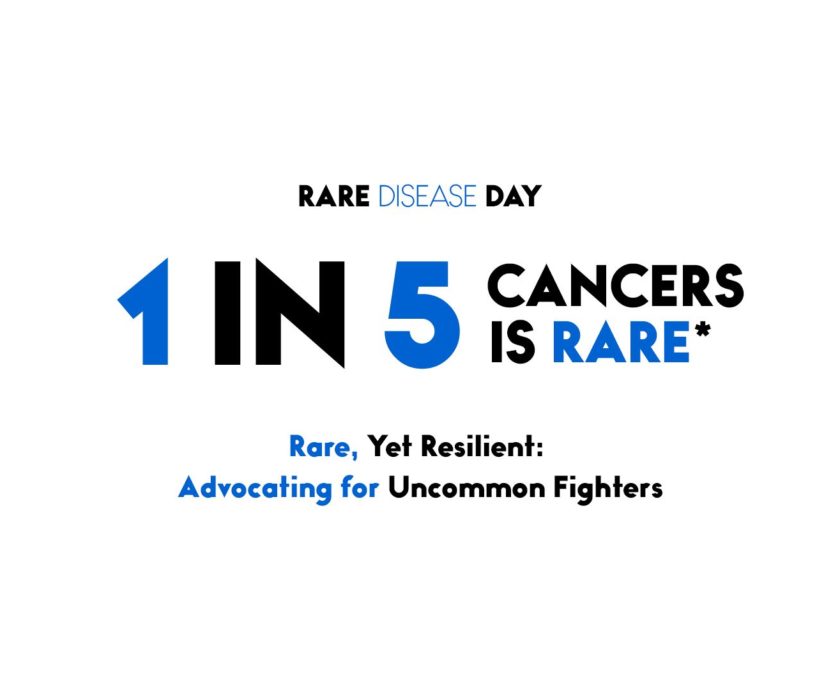As January unfolds, so does the awareness surrounding cervical health, marking the Cervical Health Awareness Month. This dedicated month aims to shed light on cervical cancer, a disease that affects thousands of women worldwide. In this blog post, we will delve into the intricacies of cervical health, exploring the risk factors, prevention methods, and the significance of regular screenings.
What is Cervical Cancer?
Cervical cancer is a type of cancer that develops in the cervix, the lower part of the uterus. In many cases, it is caused by the human papillomavirus (HPV), a common sexually transmitted infection. Understanding the risk factors associated with cervical cancer is crucial for early detection and prevention.
Risk Factors:
1. HPV Infection:
HPV is a leading cause of cervical cancer. It is essential to be aware of the risk factors associated with HPV, such as unprotected sexual activity, multiple sexual partners, and a weakened immune system.
2. Smoking:
Women who smoke are at a higher risk of developing cervical cancer. The harmful substances in tobacco can damage cervical cells, making them more susceptible to HPV infection.
3. Weak Immune System:
Individuals with weakened immune systems, whether due to certain medical conditions or medications, are at an increased risk of developing cervical cancer.
Prevention:
1. HPV Vaccination:
One of the most effective ways to prevent cervical cancer is through vaccination against HPV. Vaccination is recommended for both males and females, ideally before the onset of sexual activity.
2. Regular Screenings:
Routine screenings, such as Pap smears and HPV tests, play a pivotal role in early detection. Early identification of abnormal cells allows for timely intervention, preventing the progression to cervical cancer.
3. Safe Sexual Practices:
Practicing safe sex, including the use of condoms, can reduce the risk of HPV infection and subsequently lower the risk of cervical cancer.
The Significance of Cervical Health Awareness Month:
Cervical Health Awareness Month serves as a reminder for women to prioritize their reproductive health. By raising awareness and understanding the risk factors, women can take proactive steps towards prevention, ensuring a healthier future.
As we navigate through Cervical Health Awareness Month, let’s empower ourselves and the women around us with knowledge about cervical health. By understanding the risk factors, adopting preventive measures, and advocating for regular screenings, we can contribute to a world where cervical cancer becomes a preventable and manageable disease.
Remember, knowledge is the first step towards prevention. Let us join hands in spreading awareness and promoting cervical health for a brighter and healthier future.
For more info, visit www.falconcancerinstitute.com





